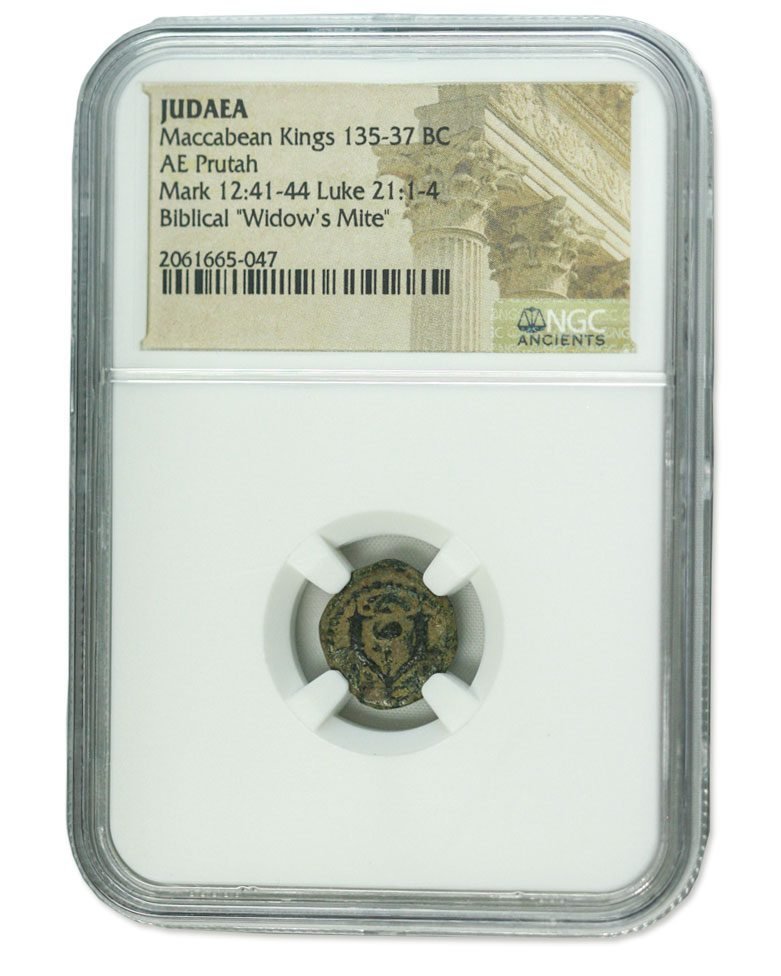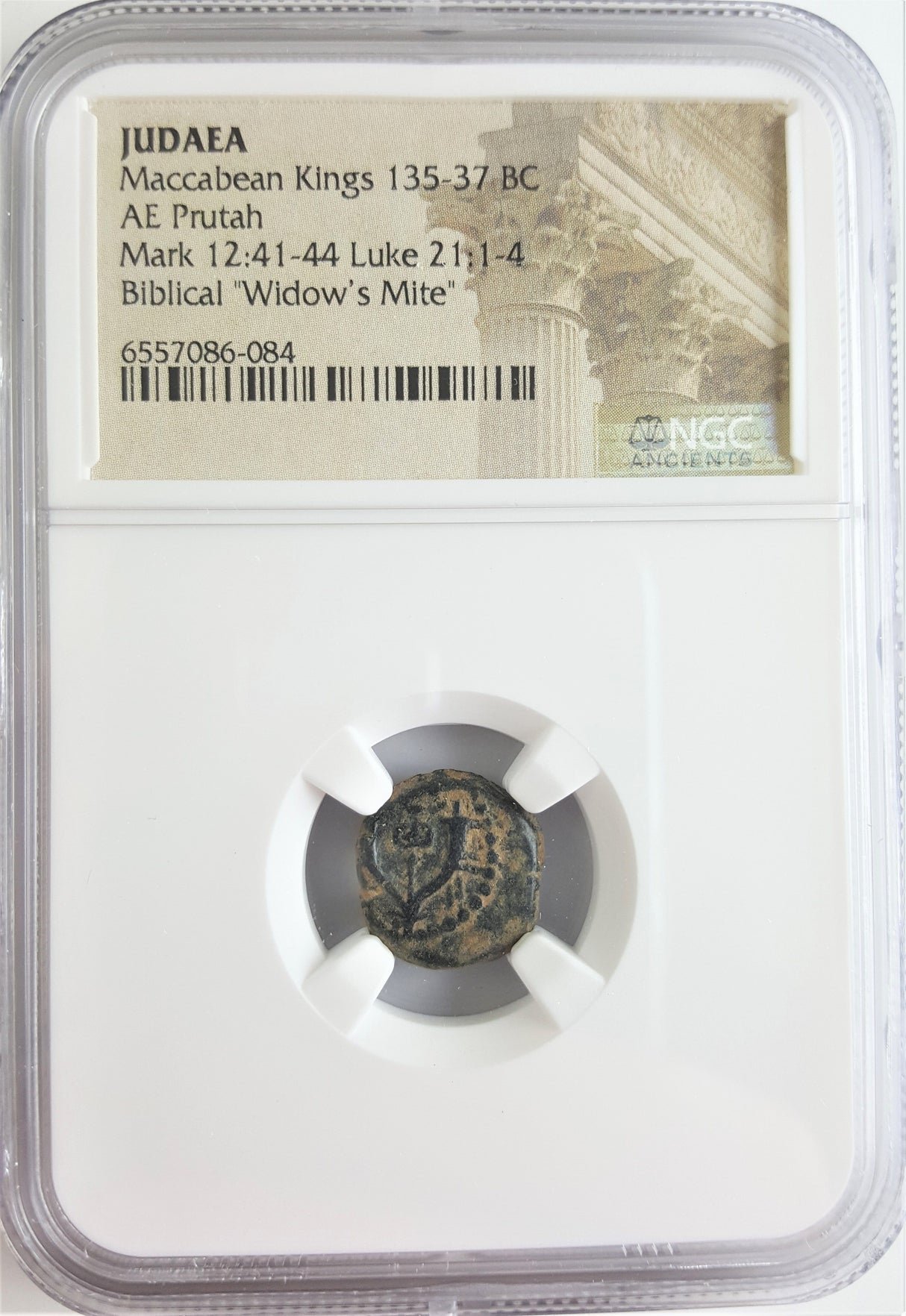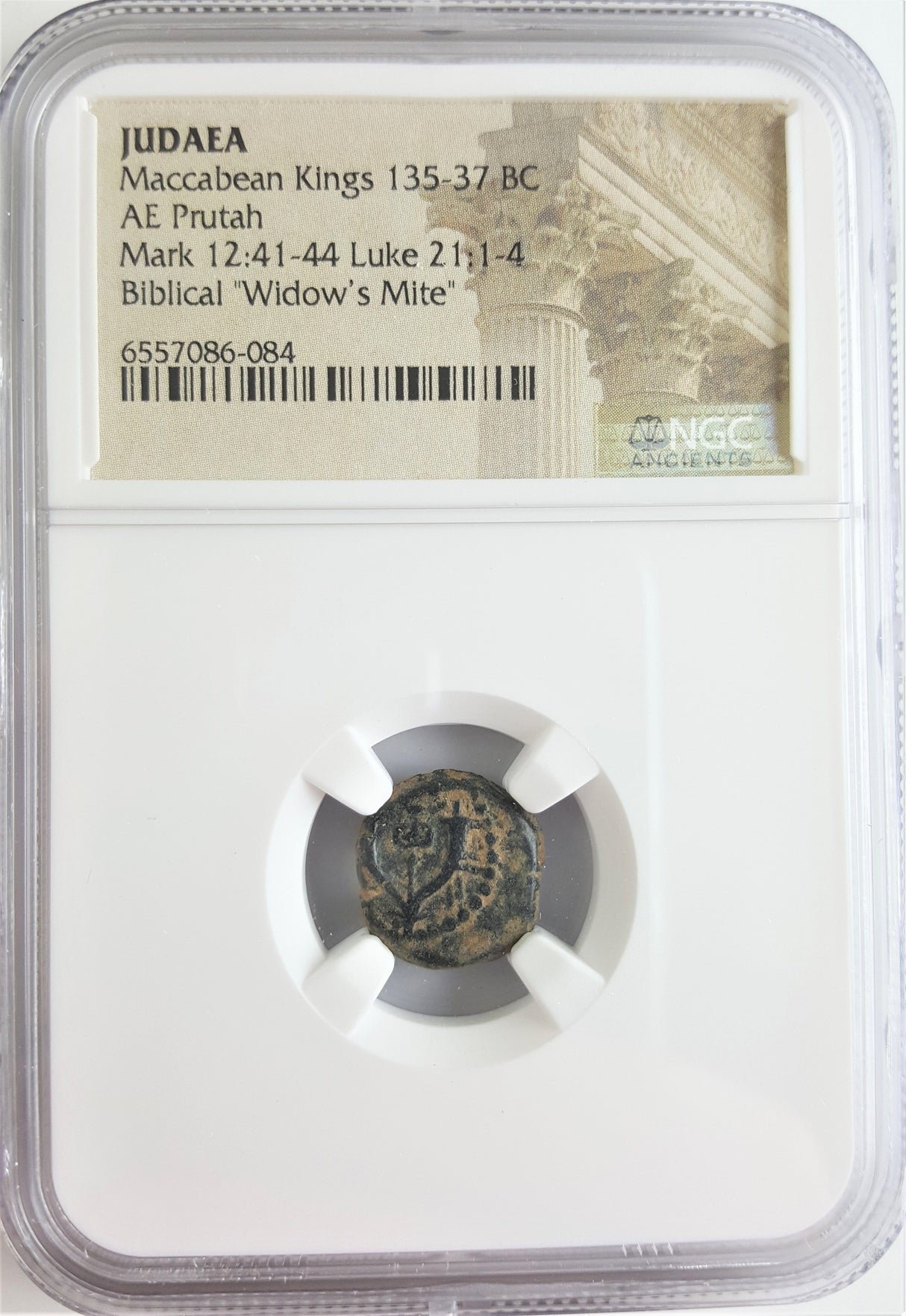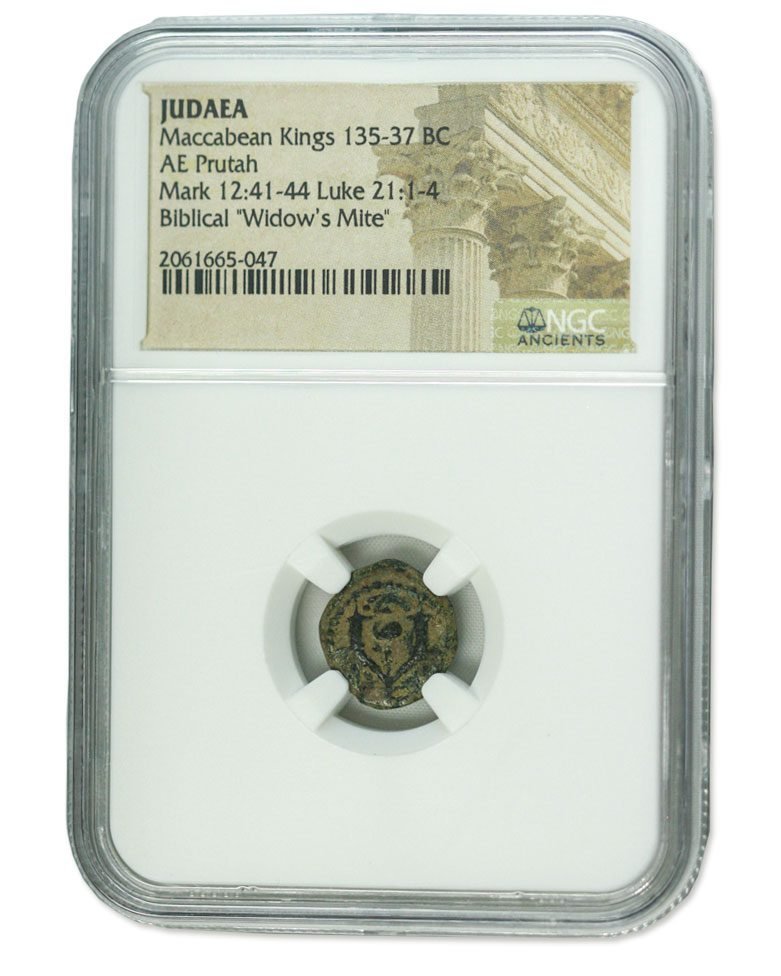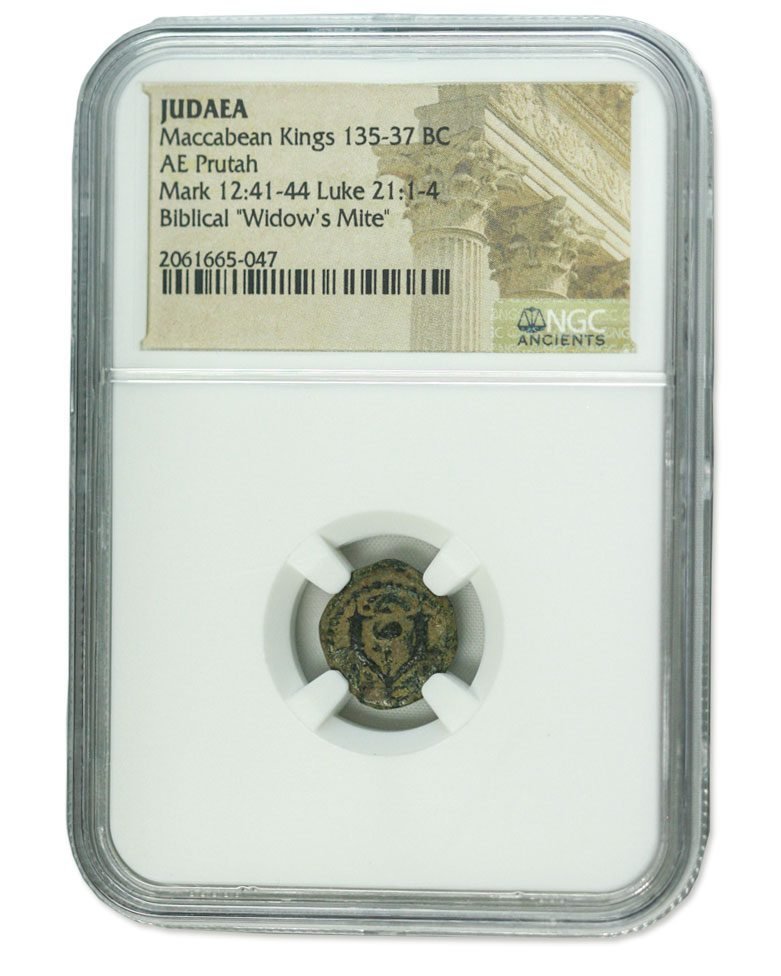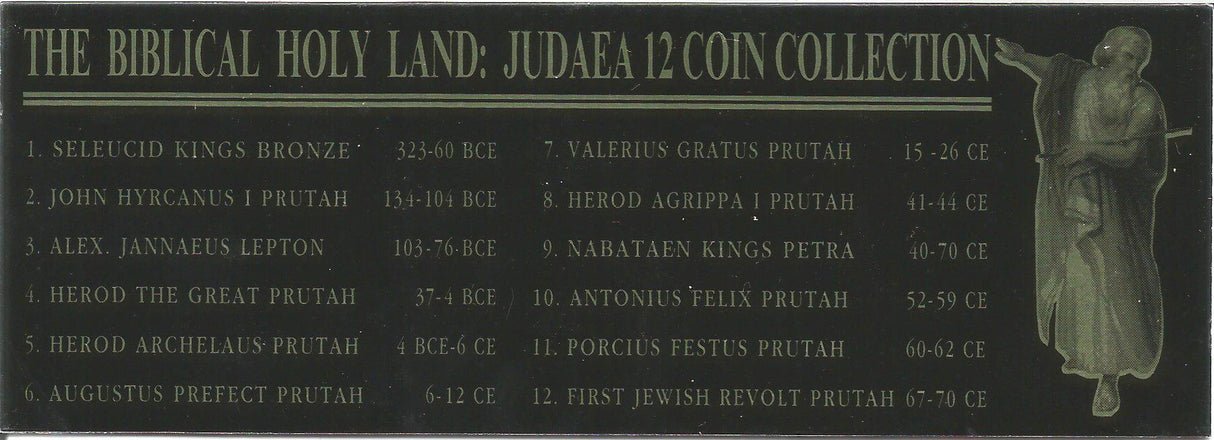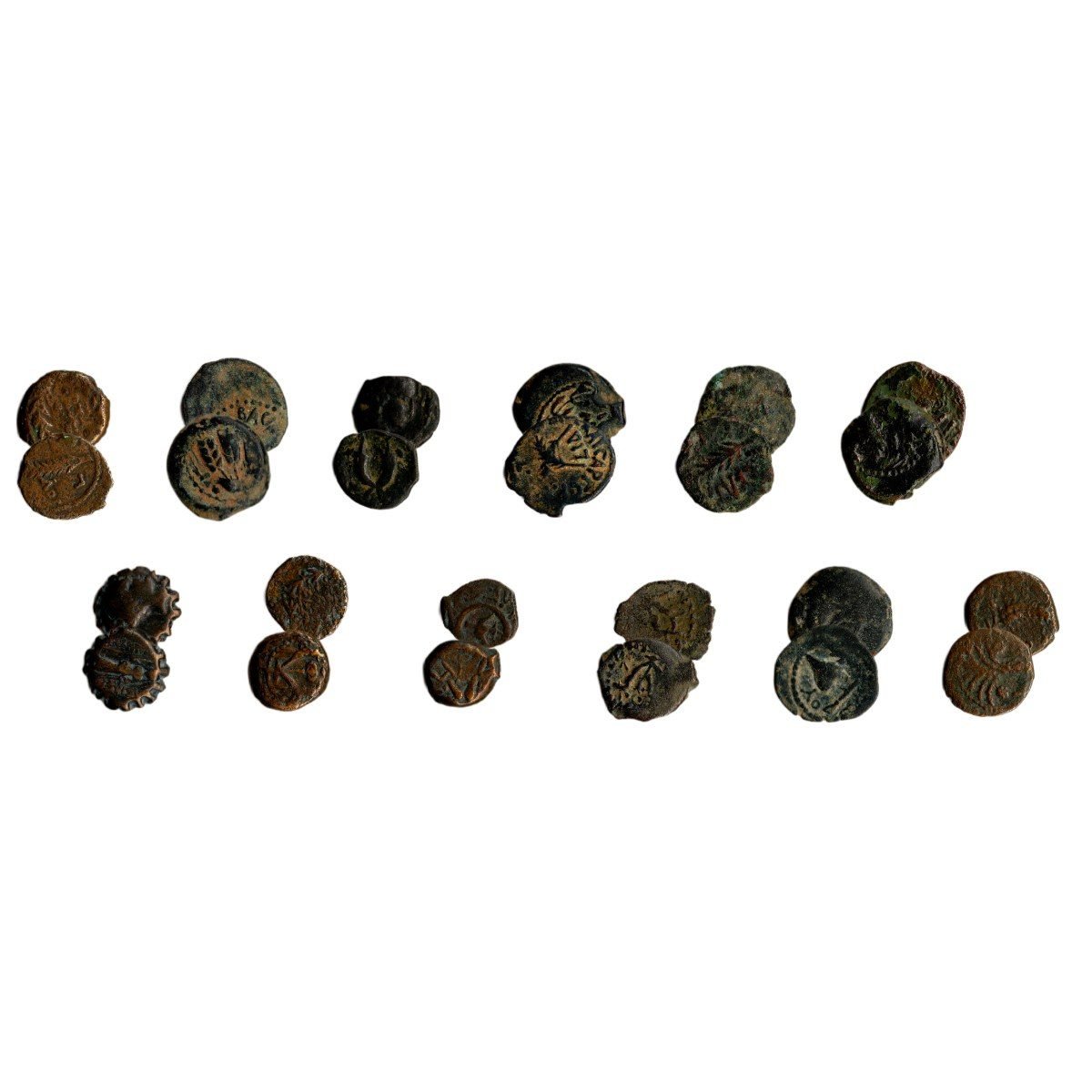Pontius Pilate[b] (Latin: Pontius Pilatus; Greek: Πόντιος Πιλᾶτος, romanized: Póntios Pilátos) was the fifth governor of the Roman province of Judaea, serving under Emperor Tiberius from 26/27 to 36/37 AD. He is best known for being the official who presided over the trial of Jesus and ultimately ordered his crucifixion. Pilate's importance in Christianity is underscored by his prominent place in both the Apostles' and Nicene Creeds. Because the gospels portray Pilate as reluctant to execute Jesus, the Ethiopian Orthodox Tewahedo Church believes that Pilate became a Christian and venerates him as both a martyr and a saint, a belief which is historically shared by the Coptic Church, with a feast day on 19 or 25 June, respectively.
Although Pilate is the best-attested governor of Judaea, few sources regarding his rule have survived. Nothing is known about his life before he became governor of Judaea, and nothing is known about the circumstances that led to his appointment to the governorship. Coins that he minted have survived from Pilate's governorship, as well as a single inscription, the so-called Pilate stone. The Jewish historian Josephus, the philosopher Philo of Alexandria, and the Gospel of Luke all mention incidents of tension and violence between the Jewish population and Pilate's administration. Many of these incidents involve Pilate acting in ways that offended the religious sensibilities of the Jews. The Christian gospels record that Pilate ordered the crucifixion of Jesus at some point during his time in office; Josephus and the Roman historian Tacitus also record this information.











